Is diversity in the legal profession improving?

As a law professional, you have been chosen to receive this weekly newsletter that provides expert insight on legal services.
In today's newsletter:
📑 Artificial intelligence vs. patent law
💡 The roots of the diversity divide
📩 The art of the followup email
📲 Hybrid work in law firms

It's no accident that American lawyers look a certain way and come from often-similar backgrounds, according to law professor Ray Brescia. In his new book, Brescia delves into the country's traditionally-exclusionary legal system.
In a podcast interview, Brescia shares specifically the efforts in the late 19th and early 20th century to exclude people from the legal profession who were not part of the dominant social class -- and how much of those systems are still in existence today.

• Public Interest Environmental Law Conference (March 1 - 3)
• Florida Legal Awards (April 24)
• Webinar: AI and legal professionals (on demand)

How followup emails secure new clients
Adding a personal flair to client interactions is valuable to long-term relationships, and it starts with the first email. Early and personalized communication is an opportunity to solidify the relationship between attorney and client and show genuine interest in their challenges. Lawyers should consider attaching personal video messages and adding specifics about the client to the communication.

What's the future of hybrid work at law firms?
Alaa Pasha, the CEO of Maptician, says that law firms must continue to offer hybrid options, particularly for operations staff, to reduce in-office costs and keep staff happy. In this podcast interview, he also discusses the future of law firm operations given the rise of generative AI.

• • TikTok's lawyers warn platform about potential violations
• UK lawyers draft proposed self-flying aircraft laws
• Alabama attorneys try to stop predatory towing
• Judge points out faulty AI math on lawyers' fees


Do AI inventions require patent protection?
Artificial intelligence is pushing the limits of what humans can accomplish, even sparking completely new and complex inventions. But who owns those innovations when AI steps in? And should the humans attached to those inventions receive legal protection for their role in the idea?
The intellectual property complexities of AI are sparking conversations worldwide, particularly in the case of Dr. Stephen Thaler and his AI system known as DABUS (Device for the Autonomous Bootstrapping of Unified Sentience). Dr. Thaler applied for those patents on the grounds of "ownership of the creativity."
Where do you stand on the issue?
Thank you for reading Raise The Bar.
And welcome to our inaugural edition. Every Thursday, you'll hear from our team about the most pressing issues facing legal practices today. We'll also try to include some quick-hit reads that touch on interesting cases and precedents being set worldwide.
Have anything you'd like us to cover? Reply directly to this email to reach me.
Until our next update, stay informed and empowered.
Best Regards,
Katie Parsons,
Editor, Raise The Bar

